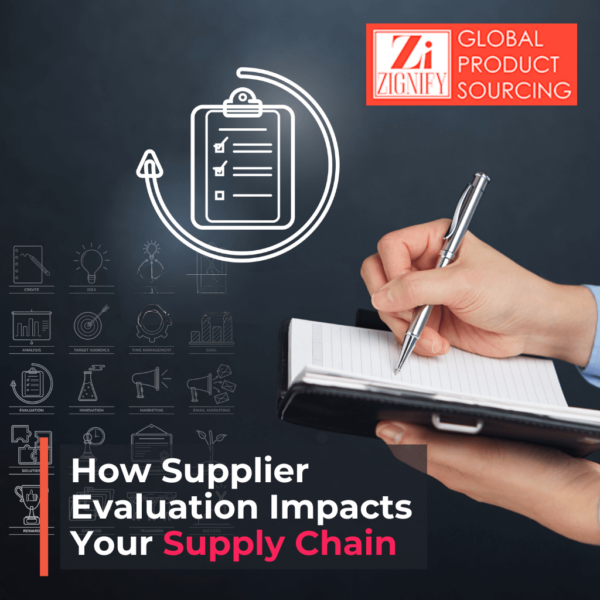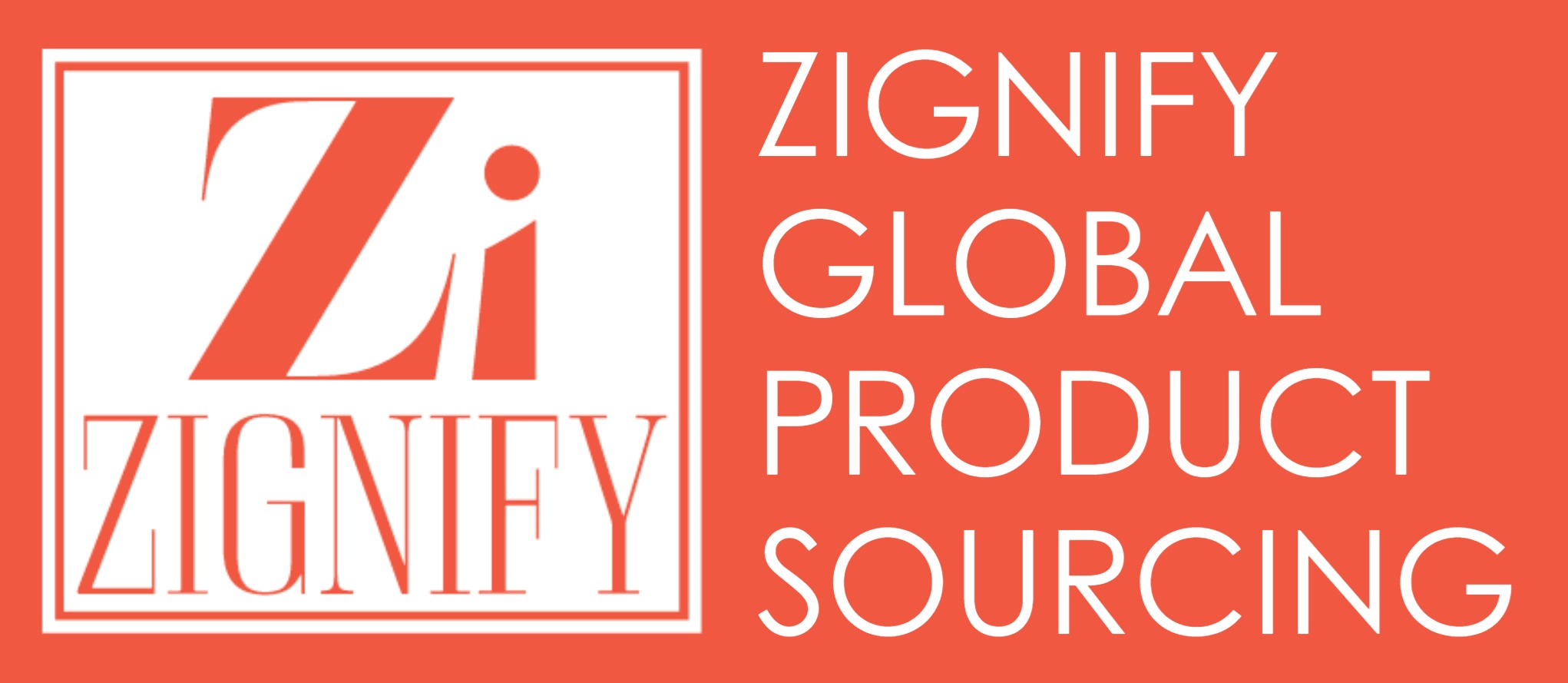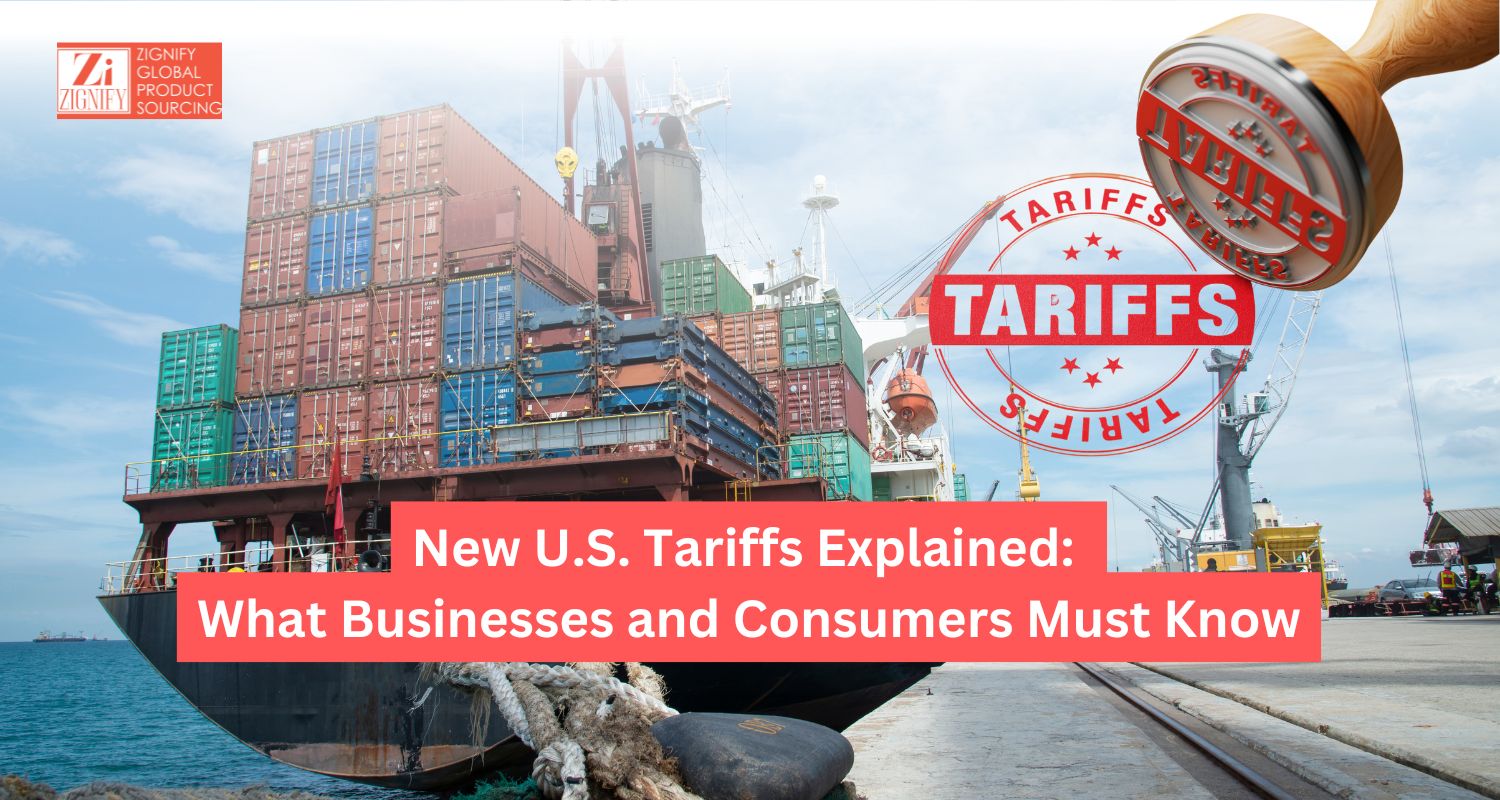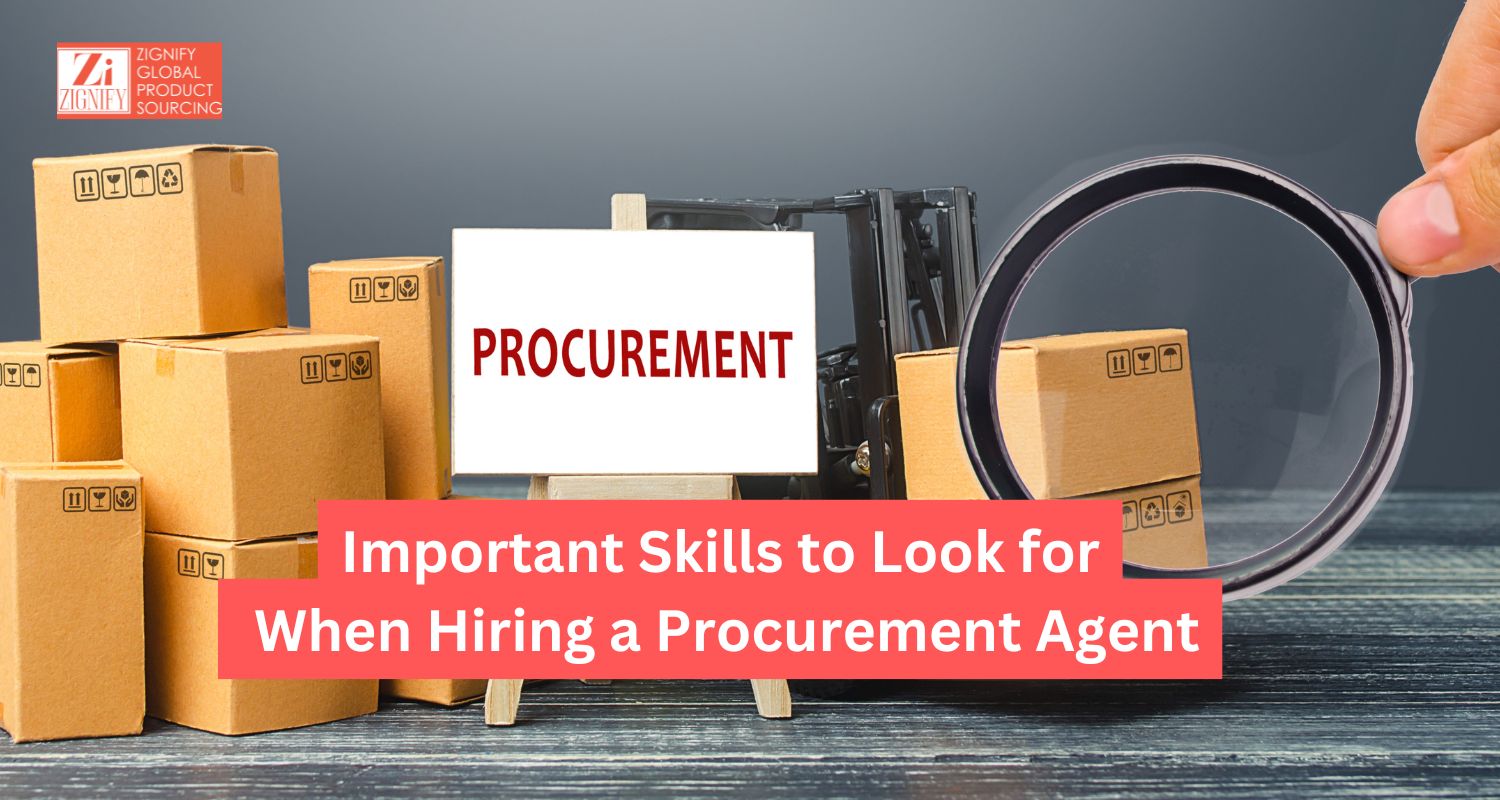
Managing a seamless and efficient supply chain is paramount in the fast-paced business world. Businesses rely on a network of suppliers to provide the materials and resources necessary for production and distribution.
However, the success of your supply chain hinges on the reliability and performance of these suppliers. This is where supplier evaluationcomes into play. In this article, we will explore the critical aspects of supplier evaluation, its impact on your supply chain, and why it is crucial for your business’s success.
Understanding Supplier Evaluation
Supplier evaluation is the systematic assessment of suppliers’ performance and capabilities to ensure they meet your organization’s needs and standards. This evaluation process involves analyzing various factors such as quality, cost, delivery, and reliability. The goal is to identify areas of improvement, mitigate risks, and ultimately enhance the efficiency of your supply chain.
Key Aspects of Supplier Evaluation
- Quality Control: One of the primary reasons for supplier evaluation is to maintain product quality. For instance, if you are manufacturing from China, the foundation of successful product quality lies in choosing reliable Chinese suppliers and this means you MUST evaluate them.Suppliers play a crucial role in ensuring that the materials or components they provide meet the required quality standards. Any deviation in quality can have a domino effect on your entire supply chain, leading to defects, customer dissatisfaction, and increased costs due to rework or returns.
- Cost Efficiency: Suppliers contribute significantly to your overall cost structure. Evaluating suppliers allows you to identify cost-saving opportunities, negotiate better pricing, and optimize your procurement processes. This can lead to improved profit margins and a more competitive position in the market.
- On-Time Delivery: Timely delivery is essential for meeting customer demands and avoiding disruptions in your production schedule. Supplier evaluation helps you assess a supplier’s ability to meet delivery deadlines consistently. It also allows you to identify and address potential bottlenecks in your supply chain.
- Risk Management: Suppliers can introduce various risks into your supply chain, such as financial instability, geopolitical issues, or natural disasters. Evaluating suppliers helps you identify and mitigate these risks through contingency plans and diversification of your supplier base.
- Innovation and Collaboration: Supplier evaluation is not just about scrutinizing performance but also fostering collaboration and innovation. Building strong relationships with your suppliers can lead to mutually beneficial partnerships, where both parties contribute to product improvement and innovation.
The Impact of Supplier Evaluation on Your Supply Chain
Now that we’ve discussed the key aspects of supplier evaluation, let’s delve into how it directly impacts your supply chain:
- Improved Quality Control: Effective supplier evaluation ensures that you receive high-quality materials consistently. This directly translates to better product quality and customer satisfaction. With fewer defects and returns, you can maintain a positive brand image and reduce warranty costs.
- Cost Reduction: Identifying cost-saving opportunities through supplier evaluation can significantly impact your bottom line. Negotiating better terms, optimizing inventory management, and eliminating waste can lead to substantial cost reductions in your supply chain.
- Enhanced Efficiency: Supplier evaluation helps you identify and rectify bottlenecks in your supply chain. By streamlining processes and ensuring on-time deliveries, you can minimize production disruptions and meet customer demands more efficiently.
- Risk Mitigation: Assessing supplier risks proactively allows you to develop contingency plans and diversify your supplier base. This reduces your vulnerability to unforeseen disruptions and ensures a more resilient supply chain.
- Strategic Partnerships: Building strong relationships with reliable suppliers can lead to strategic partnerships that benefit both parties. Collaborative innovation can result in new product developments, improved market competitiveness, and increased market share.
Key Performance Performance Indicators (KPIs) in Supplier Evaluation
KPIs are a business tool to make sure you’re getting the products and services you expect. They might be as straightforward as confirming a product or service is delivered on time.
To effectively evaluate your suppliers, you need to establish Key Performance Indicators (KPIs) tailored to your business’s specific needs. Here are some common KPIs used in supplier evaluation:
- Quality Metrics: These KPIs assess the quality of the materials or components supplied, including defect rates, compliance with specifications, and adherence to quality standards.
- Cost Metrics: Cost-related KPIs measure the total cost of ownership, cost savings achieved through negotiations, and the overall cost impact on your supply chain.
- Delivery Metrics: On-time delivery, lead times, and delivery accuracy are crucial metrics to ensure your suppliers meet your production schedule requirements.
- Supplier Performance Scorecards: These comprehensive scorecards combine various KPIs to provide an overall assessment of supplier performance. They help you prioritize areas for improvement and track progress over time.
- Risk Assessment Metrics: These KPIs evaluate the financial stability of suppliers, assess geopolitical risks, and measure their ability to handle unexpected disruptions.
Implementing Supplier Evaluation in Your Organization
Now that we’ve established the importance of supplier evaluation, here are some steps to help you implement it effectively:
- Define Clear Evaluation Criteria: Start by defining the specific criteria and KPIs you will use to evaluate your suppliers.Ensure that these criteria align with your business goals and objectives.
- Gather Data: Collect relevant data from your suppliers, including performance reports, quality control data, and financial information. Use this data to assess their performance against the established criteria.
- Regular Assessment: Conduct regular supplier assessments to track performance trends over time. This ongoing evaluation allows you to identify improvements or areas requiring corrective action promptly.
- Communication and Collaboration: Maintain open lines of communication with your suppliers. Collaborate on improvement initiatives and share feedback transparently. This collaborative approach can foster stronger supplier relationships.
- Continuous Improvement: Use the insights gained from supplier evaluation to drive continuous improvement in your supply chain. Implement changes, monitor results, and adapt your strategies as needed.
How Can Zignify Help You Evaluate Your Suppliers?
We are your trusted partner in navigating the complexities of global sourcing, allowing you to focus on what you do best—growing your business and delighting your customers. Here is how we can help:
- Strategic Sourcing: We leverage our extensive industry knowledge and global network to identify the best suppliers that align with your specific needs. This strategic approach not only ensures cost efficiency but also helps you access high-quality materials and components, driving improved product quality and customer satisfaction.
- Risk Mitigation: Recognizing the importance of risk management in today’s volatile market, we proactively assess and mitigate risks on your behalf. Our expertise in identifying potential disruptions and implementing robust contingency plans ensures your supply chain remains resilient, minimizing any adverse impact on your business.
- Cost Savings: We understand the critical role cost plays in your business’s profitability. Through rigorous negotiation and cost optimization strategies, we aim to deliver cost savings that directly contribute to your bottom line, allowing you to reinvest in growth and innovation.
- Efficiency Enhancement: Zignify Global Product Sourcing is committed to enhancing the efficiency of your supply chain. By streamlining processes, optimizing inventory management, and ensuring timely deliveries, we help you operate at peak performance, reducing production disruptions and meeting customer demands with ease.
- Innovative Collaboration: We believe in fostering collaborative partnerships with our clients, encouraging open communication, and facilitating innovation. Together, we can drive product improvements, explore new market opportunities, and ultimately achieve sustainable growth.
Final Words
In conclusion, supplier evaluation is a critical component of a well-functioning supply chain. It impacts various aspects of your business, from product quality and cost efficiency to risk management and strategic partnerships. By implementing a robust supplier evaluation process and using KPIs to measure performance, you can enhance overall efficiency and help mitigate risks in your supply chain
Remember that supplier evaluation is not a one-time effort but an ongoing process that requires collaboration and continuous improvement. By investing in supplier evaluation, you invest in the long-term success of your business and its ability to meet customer demands consistently and competitively in today’s dynamic marketplace.
Zignify Global Product Sourcing is here to help you streamline operations, reduce costs, and enhance customer satisfaction. Experience the benefits of our supplier evaluation expertise and sourcing services
Contact us today to discuss your specific supply chain needs and discover how our strategic sourcing, risk mitigation, cost-saving strategies, and collaborative approach can propel your business to new heights.



